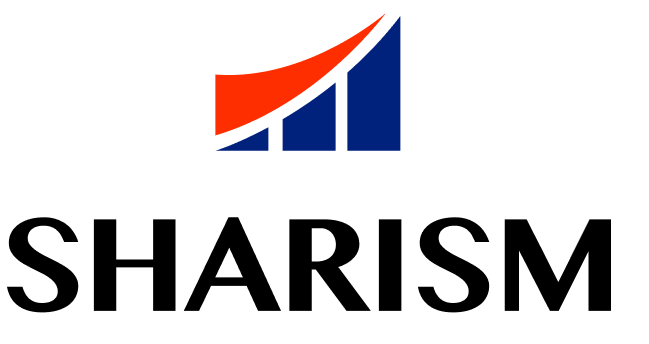Sharing Economy vs.Gig Economy?
Is there a difference between the sharing economy and the gig economy? The short answer is no, but the longer answer is yes
Global economies are always shifting because of technological innovation.
This creates original professions, creative endeavors, and income-generating activities.
While working only from offices used to be the norm, today’s society encourages telecommuting, flexible work schedules, and the accessibility of global internet service providers like Uber.
The sharing economy and gig economy have resulted from them.
Although having numerous similarities, there are some variances between the two.
Describe the sharing economy
An online platform is used to facilitate the sharing, buying, and offering of products and services in this economy. This makes it possible for people to monetise and share idle assets. Particularly in this day and age, connecting and facilitating trade between asset owners and seekers has never been simpler. For instance, Airbnb has made it easier to use vacant apartments. Clients can obtain lodging at a lesser cost than in resorts as a result, while homeowners can generate additional cash from idle assets. Among the additional participants in the sharing economy are:
Co-working spaces: With several sites across the world, these give independent contractors and remote workers a place to work. The fees vary according to how long is spent in the workspaces. Companies that offer money lending services at a lower cost than those provided by the conventional money lending institutions are known as money lending platforms. Platforms for independent work—Online resources like Upwork connect customers with service providers all over the world.
One of the difficulties in a sharing economy is:
Regulatory Uncertainty: The federal government regulates the sharing economy. These services may be offered by unregistered companies that may benefit, ruining the market. Complaints have been expressed about the lack of protection for consumer data and its sharing with outside parties. Concerns about safety have arisen frequently on websites like Airbnb and Uber. At this point, in mid-2023, it appears that the federal government will let the states regulate the sharing economy and keep a ‘hands off’ approach. So far, many states have done little more than tax workers in the sharing economy, but lawmakers in New York and California are gearing up to take a much more ‘hands on’ approach to regulating the sharing economy. Time will tell just how far this is going to go. State by state.
Describe the gig economy
Jobs that are transitory and flexible are prevalent in this economy. In this situation, businesses choose to use internet platforms to hire independent contractors and freelancers. Increased service efficiency and lower prices are the results of the gig economy, in addition to the convenience and flexibility that come with flexible working arrangements. For instance, finding a taxi before the advent of the internet was difficult and they weren’t always available. The ease offered by companies like Uber is unsurpassed. Companies gain from saving money that would otherwise be used to pay full-time staff or for offices, and employees gain from having flexible work arrangements.
The gig economy has certain drawbacks in addition to its perks. Gig workers could not be eligible for certain benefits like insurance and paid time off. As there is no supervision in this workplace, establishing a routine could be challenging. They lead to problems including sleep pattern disruption and daily routine disruption, both of which may have an impact on mental health. Contracts may not always be in accordance with one’s professional route, which compromises the development of careers. The inability of employers to access employees when necessary can have an impact on business operations, not to mention the deterioration of relations between employers and employees.
Comparative advantages of the gig and sharing economies
Both make use of the resources at their disposal to promote economic activity. Both act as a link between service providers and customers.

